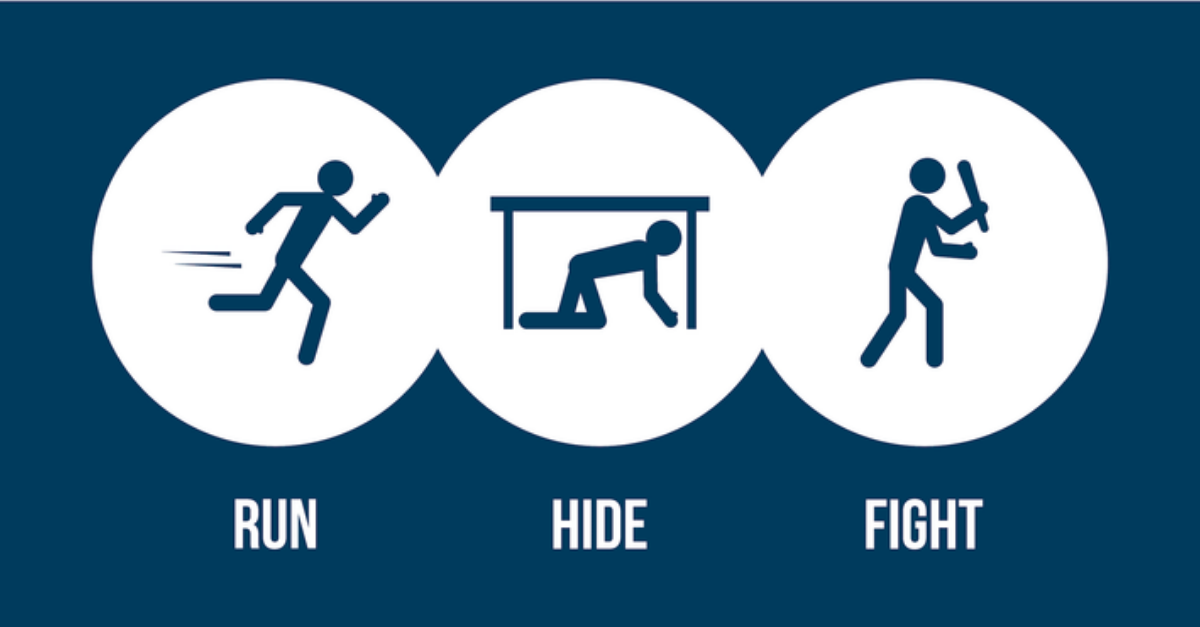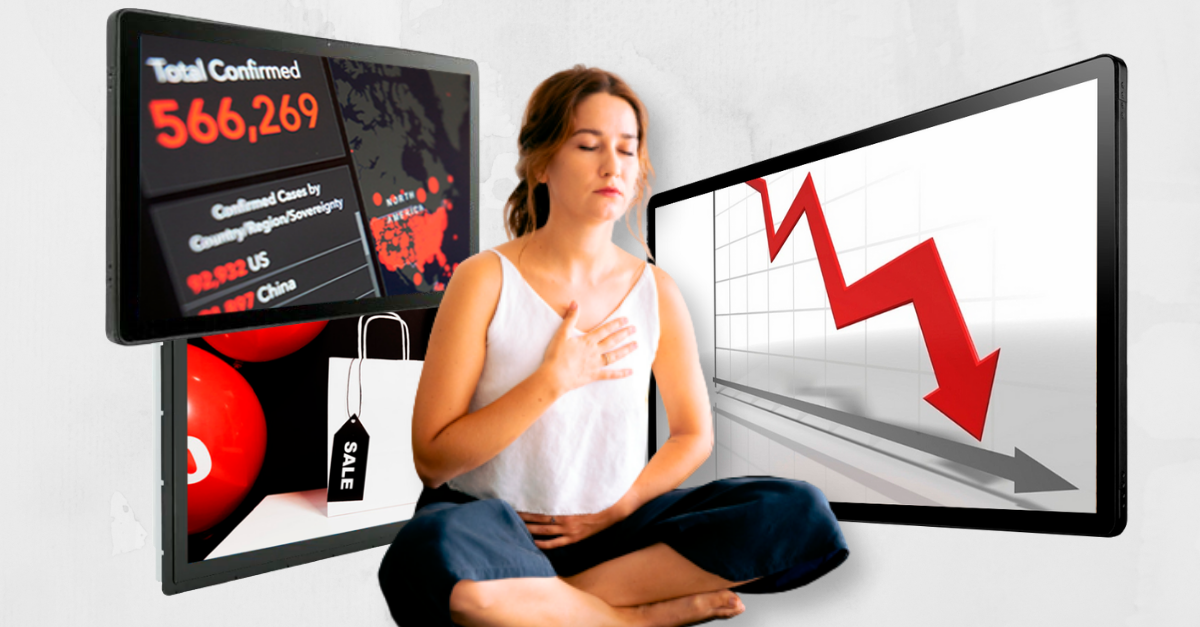
During periods of uncertainty, we experience a lot of stress and our body produces two key hormones to mobilize all the resources: cortisol (stress hormone) and adrenaline.
Continuously elevated levels of cortisol can impact psychological functioning leading to avoidance of communication and defensive behavior. A person seems to freeze, which leads to such buying behavior as hoarding.
Adrenaline, on the contrary, provokes a proactive response to stress, which causes compulsive consumption.
The reaction to stress is difficult to predict, since decision-making is influenced not only by internal (physiological) factors, but also by external ones (for example, environmental or contextual). The level of stress, in its turn, depends on how much perceived control consumers have over their environment.

According to various research, such behaviors as hoarding, parsimony, and compulsive consumption tend to disappear once consumer’s sense of control is restored.
In times of turbulence, however, stress is likely to increase consumers’ money-saving activities. Also, stress can lead to increased spending when users are led to believe that they cannot change their degree of control they have over the environment.

In a crisis, affected people take in information, process information, and act on information differently due to disturbed mental states. The situation is aggravated by the media, which tend to exaggerate the negative agenda.
Thus, insecurity, anxiety, and helplessness can escalate to PTSD and clinical depression, even in case of those not directly involved in the trigger events.
Expectedly, various destructive behavioral patterns arise: constant negative vicarious rehearsal (worried well), seeking special treatment, stigmatization of certain groups, spreading fakes.

Risk perception defines the reaction. For instance, manmade crises provoke an acute stress reaction, unlike crises of natural origin. Endemic receives less response then epidemic. If children are involved, emotional response is more in comparison with when only adults are involved. Same applies to such pairs as: reversible effect vs permanent one, fairly distributed vs unfairly distributed implications, generated by trusted institution vs mistrusted one, etc.
Consequently, the higher is the emotional involvement, the greater the likelihood of destructive behavior, including customer behavior.

In order to be heard and correctly understood at a time when everyone is going through an acute crisis the following strategies must be used:
- Use simple messages and justified repetitions.
- Avoid unverified information and release accurate messages as soon as possible (we tend to remember and believe the first message).
- Messages should be consistent (credibility crisis makes us look for additional information and opinions).
- Put the good news in secondary clauses: “it’s too soon to say (..), even though (good news).”
- Provide an open and honest flow of information to become an expert and trustworthy source.
- Communicate with empathy, sincerity and focus on building strong long-term customer relations.
- Stay positive (find and share stories of human perseverance, creativity and innovation in times of crisis).
- Leverage visual media (personalized approach and finding dynamic ways to leverage visual content satay relevant).
- Become a part of the solution and share your results (avoid publishing press releases).
Summing up, from any standpoint, a logical question is: where should we invest first? The best investment you can make is in yourself. In your own emotional state, stability, balance. Everything else is volatile. Let's stay strong.
If you are interested in the topic, we are excited to let you know that we are preparing the second article on this topic. This article will feature the CASES of the past crises so that you can draw your own conclusions. Coming soon!


